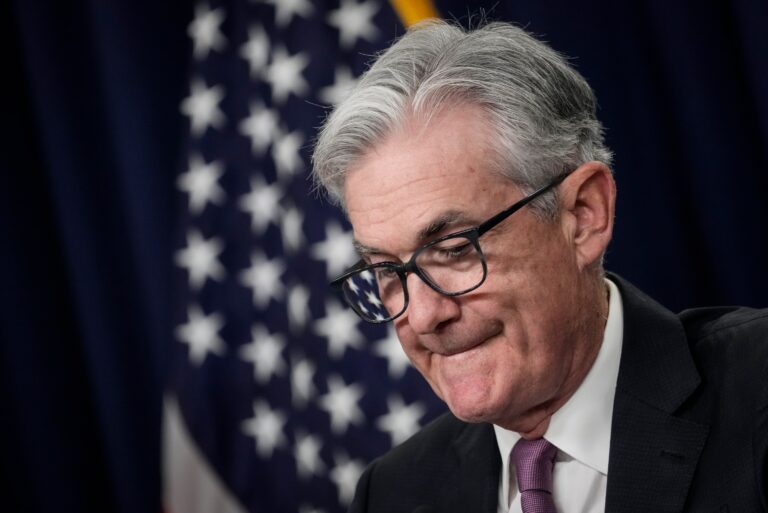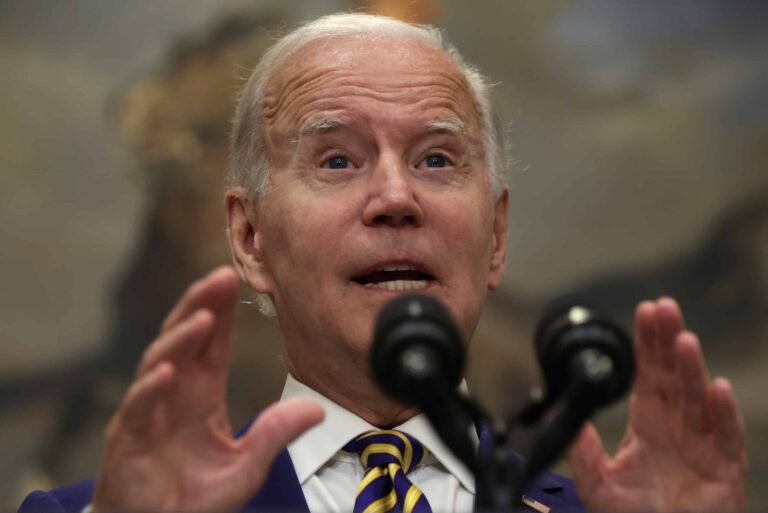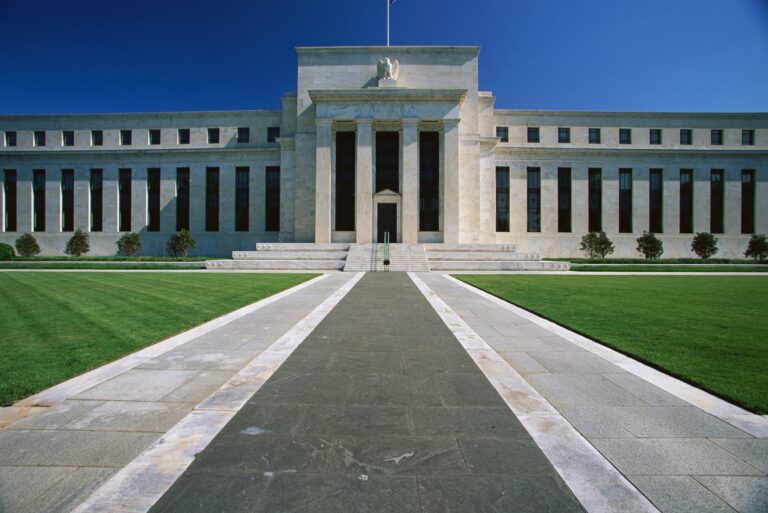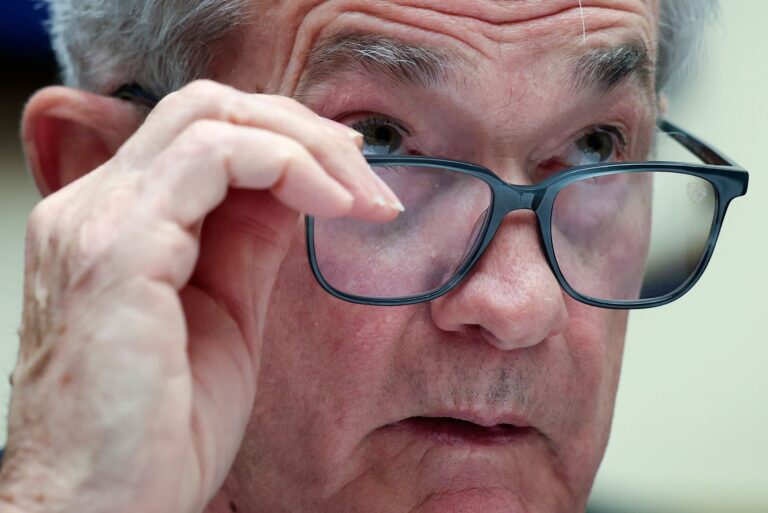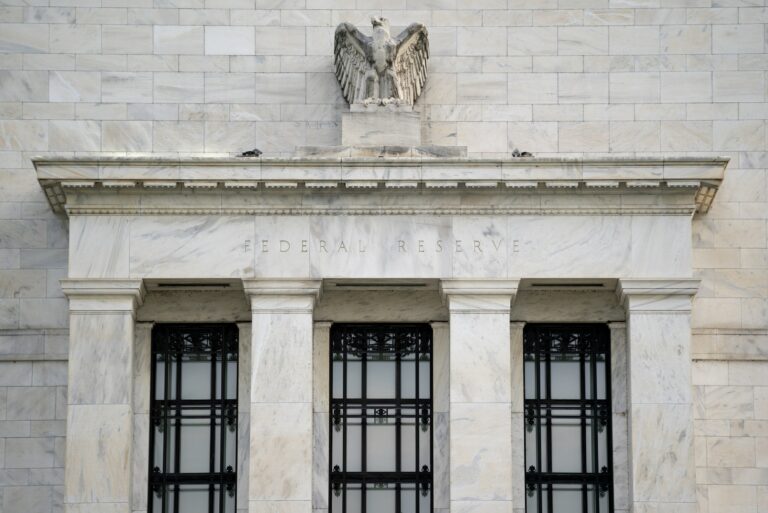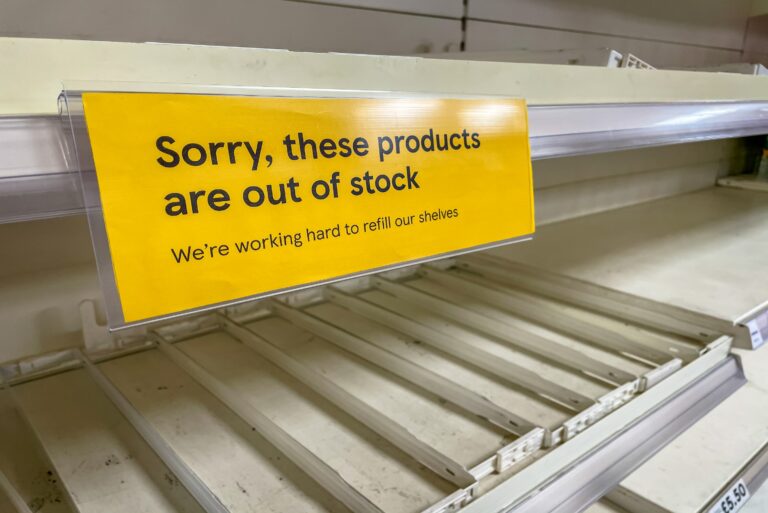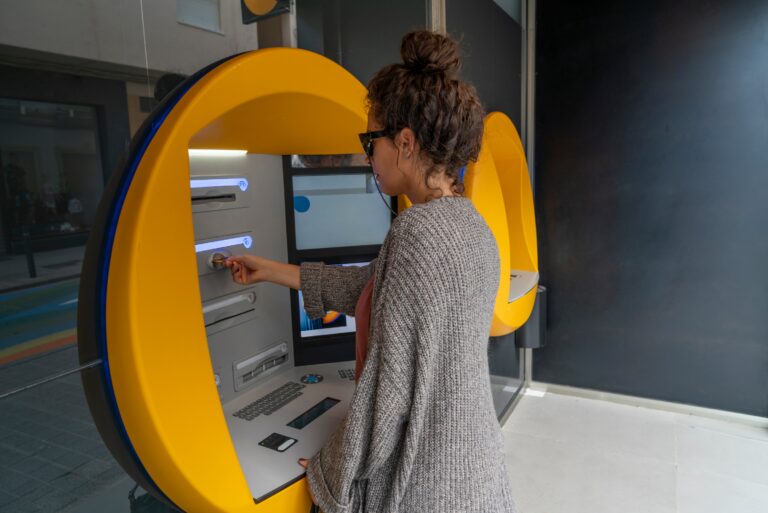Economy & Policy
12 articles
When the economy is in crisis and the central bank has exhausted its normal playbook, it can enact a quantitative easing (QE) program to inject money into the economy. But what does that mean exactly and what are the effects? Learn about quantitative easing and what it means for you.
On August 16, 2022, President Biden signed the Inflation Reduction Act into law. With major provisions on climate, energy, health care, and taxes, it’ll affect every American in the coming years. Find out what’s in it and what it might mean for your life.
The Federal Reserve, commonly known as the Fed, is the central bank of the United States. It’s tasked with managing the nation’s economy, providing banking services to the US government, and determining monetary policy. Learn more about its history and how it works.
There have been all kinds of proposals to deal with the problem of global poverty. But lately, more people are looking at a much simpler approach: Just give people money. But what is universal basic income?
Inflation causes money to lose value over time. But that’s not always a bad thing. For borrowers and lenders, inflation has some low-key benefits. Find out what they are and how to take advantage of them.
Whether you’re borrowing money or saving it, interest rates affect your personal finances. There are two types to keep track of: real and nominal interest rates. Learn the difference between them and find out which is more important.
Interest rates are rising once again. Will home prices fall as a result? The evidence is unclear. Learn more about the relationship between interest rates and home prices, and when rising interest rates might spell trouble for sellers — and opportunity for buyers.
Quantitative tightening is a part of monetary policy that occurs when a nation’s central bank unwinds assets on its balance sheet by letting fixed-income securities it owns reach maturity. It helps to fight inflation gradually. Learn how quantitative tightening affects the markets and the economy.
While inflation wreaks havoc on your grocery bills and bond investments, it’s not all bad news for homeowners. But before you get too nervous or excited, ensure you understand how past periods of inflation have impacted homeowners — the good, the bad, and the ugly.
History tells us that the next recession is right around the corner. The best time to prepare is now, before things turn ugly. Follow these tips to build your savings, cut your expenses, pad your income, and protect your job prospects.
Is a recession coming? Some classic warning signs of a slowdown include high inflation and low consumer confidence. Learn the other possible signs of a recession around the corner and find out how to protect yourself.
You put your money in the bank because it’s safer there than under your mattress. But what happens when recession looms and depositors get anxious? Is your money safe in the bank during a recession, and will you be able to get your money out when you need it? Learn why the short answer is yes.
